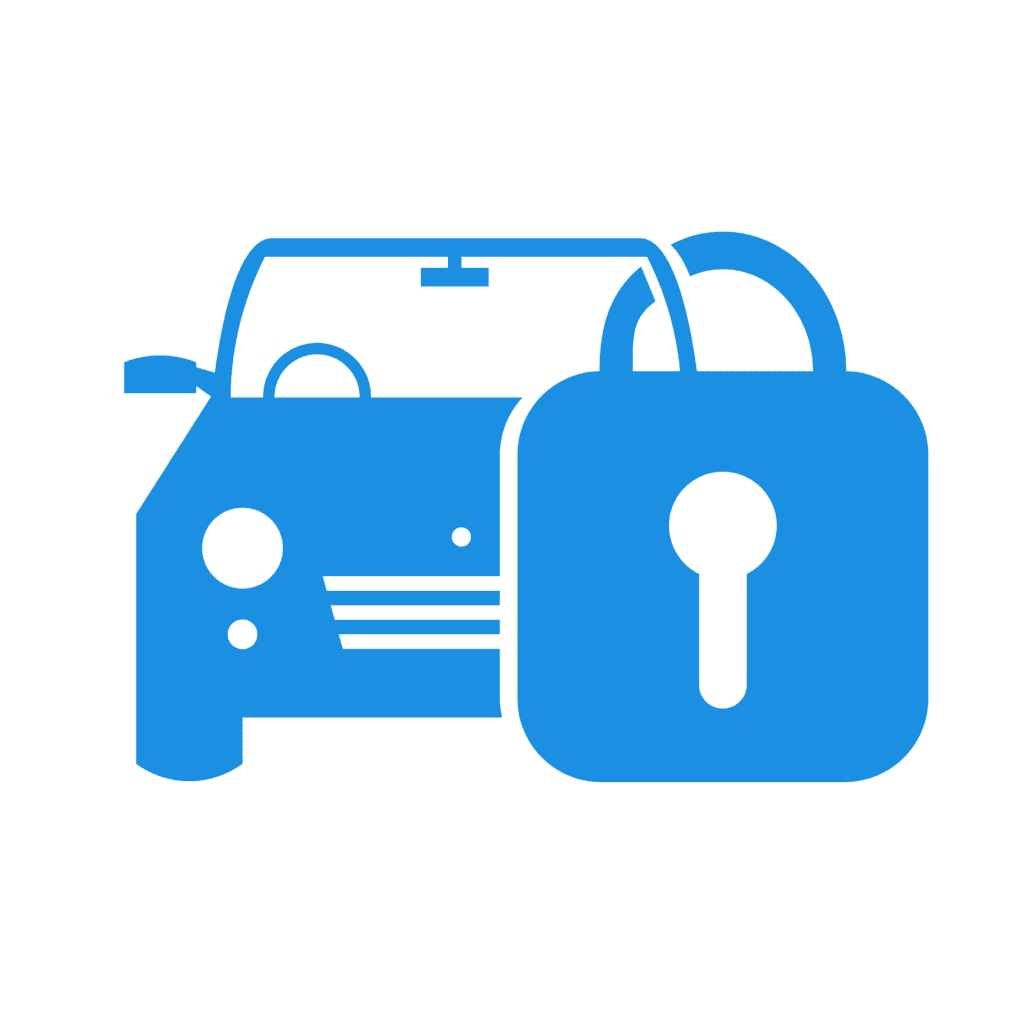How do you know if you have a factory-fitted immobiliser?

If you’re in the process of buying a car, you’ve probably noticed the term ‘factory-fitted immobiliser’ cropping up in vehicle specifications, insurance quote calculators and policy documents. But what exactly does it mean?
In this blog, we’ll give you the run-down on everything you need to know about factory-fitted immobilisers and what that means for your vehicle.
What is an immobiliser?
Essentially, an immobiliser is an electronic device that prevents a vehicle from being started unless the correct key is used or a specific key fob is present. A factory-fitted immobiliser is one that is fitted at the point of manufacture.
How does a factory-fitted immobiliser work?
When you climb into your car and insert your key, the key or its fob sends a code to the Electronic Control Unit (ECU), informing the car that it has permission to start the engine.
If a thief were to gain entry and attempt to steal your car by hotwiring it or using an incorrect key, the ECU would not receive that all-important code. In this case, the immobiliser would activate and prevent the engine from running, giving you some peace of mind.
Immobilisers usually work by disabling two of the three main components involved in making the car start (i.e. the fuel system, the starter motor and/or the ignition).
Other types of immobilisers are available. Some may require a touch key or PIN code and some can even receive an encrypted code from a smartphone app via Bluetooth.
Does every car have an immobiliser?
You’re probably thinking, ‘That’s handy but how can I tell if my car has an immobiliser when all of the technology is hidden away?’
Well, the good news is that factory-fitted immobilisers have been compulsory additions to new cars sold in the UK since October 1998. So, if your vehicle was made after this date you can be pretty certain that it has one (provided no former owners have had it removed or disabled).
Cars that have been imported or were manufactured before October 1998 may not boast a factory-fitted immobiliser but could have had an aftermarket immobiliser (ie one fitted after manufacture) installed by a past owner.
If your chosen car doesn’t already have an immobiliser, you can, if you wish, arrange for one to be fitted under your ownership.
Are there ways to tell if your vehicle has a factory-fitted immobiliser?
You can double-check by consulting your vehicle handbook, which is usually kept with the car (in the glove compartment) or can be downloaded online from the manufacturer’s website.
If this isn’t possible, you can ask a mechanic to inspect your vehicle.
What sorts of immobilisers are best?
Factory-fitted immobilisers are often seen as preferable because it’s assumed that they are fit for purpose and installed correctly. But, if your car doesn’t have one, it’s not the end of the world as you can always have one fitted. Just make sure you opt for a Thatcham-approved aftermarket device.
Thatcham Research is a not-for-profit motor insurance repair research centre, set up in 1969 to help minimise the cost of motor insurance claims and maintain safety standards.
As part of its work, the organisation launched a set of categories for a factory-fitted Thatcham approved alarm or immobiliser in the 1990s, which have since become an industry benchmark.
What are the Thatcham Immobiliser categories?
Category 1: Electronic alarms and immobilisers. Deemed the most effective method of security with glass break and tilt sensors, plus other sophisticated features that detect a break-in
Category 2: Electronic immobilisers (ie a Category 1-standard immobiliser but with no alarm function)
Category 3: Mechanical immobilisers. Can be permanently or temporarily installed
Category 4: Straightforward steering wheel locks and wheel-locking nuts
Category 5: Recovery systems & post-theft tracking. Can be used to immobilise the car remotely
There is also, as of 2019, the new Category 7, which combines the old Category 6 and Category 7. These devices are typically more affordable but maybe less robust.
Do car immobilisers have alarms?
Immobilisers are integral to a vehicle’s security, but an alarm system will typically be separate from that. Both work alongside each other and both need to be checked if you’re buying a used car. Category 1 immobilisers may include a self-powered siren.
What are the benefits of a factory-fitted immobiliser?
Obviously, car security is the main benefit of having any type of immobiliser in your vehicle
but there’s also the effect it can have on your insurance.
One of the standard questions insurance companies will ask is whether your vehicle has an alarm and/or immobiliser fitted.
The more secure the car, the less likely it is to be stolen – and if an insurer considers you to be low-risk, then it will be more likely to reward you with lower insurance premiums.
Insurance for cars with factory-fitted immobilisers
Whatever immobiliser your vehicle has, Adrian Flux, as an insurance broker, can find the right car insurance for you
For our best rates, call 0800 369 8590 or book a callback at a time that works for you.






